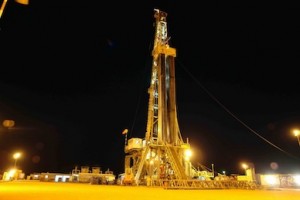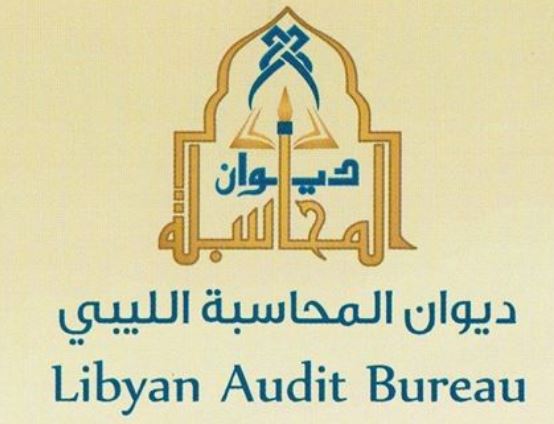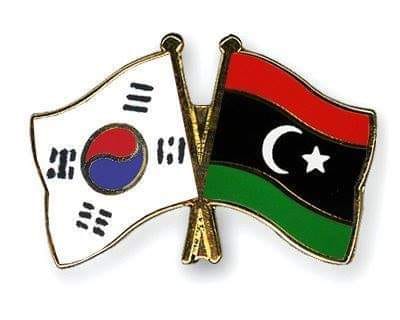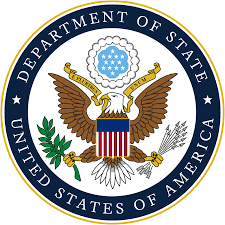The Spanish oil company Respol, a major player in . . .[restrict]Libya, reported a 53.3 percent drop in 2011 net income, due in no small measure to the loss of its Libyan production of 350,000 barrels of oil equivalent per day (boepd) during the revolution. This resulted in a $296 million income hit. Its Libyan production is now heading back to former levels.
However, Repsol’s unflattering results conceal what was in fact a stellar year for the company in terms of new discoveries. With a range of partners it has 16 licences in Brazil’s offshore pre-salt Campos Basin, where it made one of the world’s ten largest discoveries of 2011. Yesterday Repsol announced another, so far unquantified major find in the area.
As a result of these finds, reserve replacement ratio (the amount added to its reserves, divided by the amount extracted) rose from 131 percent to 162 percent in 2011
Repsol personnel began returning to Libya at the year end and the company reports that production is now approaching 300,000 boepd. It has exploration and production (E&P) licences in 16 Libyan blocks, 14 nsh. It made its first offshore find in 2009, 15 kilometres out in the Sirte Basin, at 4,820 metres in 50 metres of water. Before the revolution the company had committed to some $2 billion of investments which were expected to bring its total Libyan production to 380,000 boepd. [/restrict]










